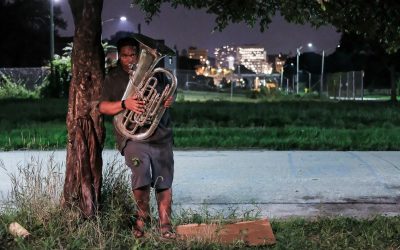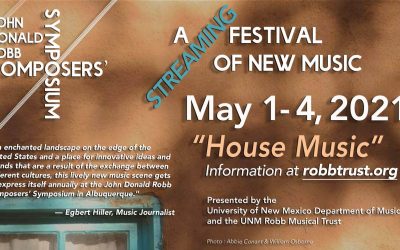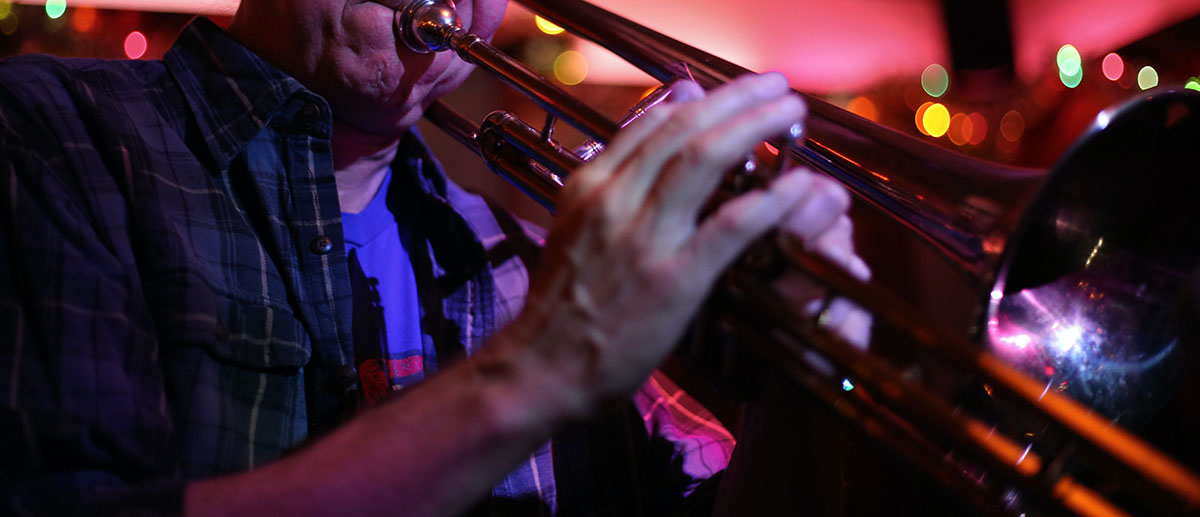Musicology Colloquium Series
Talk Title:
THE CRUELTY OF JAZZ: TOWARD A HEMISPHERIC POLITICS OF SOUND
Date and Time:
Thursday February 7, 2:00-3:30pm
Location:
Latin American and Iberian Institute (LAII) Conference Room
Talk Description:
Rooted in concepts of affect and Empire, this paper argues that jazz operated in various 20th century Latin American settings as a vital touchstone bearing the risks and benefits of urban modernization, hemispheric geopolitics, and transnational cultural production, “cruelly” echoing the United States’ cultural, political, and economic dominance in the hemisphere and beyond.
Biography:
 Jason Borge is an Associate Professor of Latin American Culture at the University of Texas at Austin, where he teaches courses on Latin American and Hemispheric popular culture, music, film, and literature. He has published widely on such topics as vernacular music and sound studies, Hollywood in Latin America, popular vanguardism, and the intra-hemispheric dimensions of literature and film. His latest book is Tropical Riffs: Latin America and the Politics of Jazz (Duke University Press, 2018).
Jason Borge is an Associate Professor of Latin American Culture at the University of Texas at Austin, where he teaches courses on Latin American and Hemispheric popular culture, music, film, and literature. He has published widely on such topics as vernacular music and sound studies, Hollywood in Latin America, popular vanguardism, and the intra-hemispheric dimensions of literature and film. His latest book is Tropical Riffs: Latin America and the Politics of Jazz (Duke University Press, 2018).
Caption for book cover: Tropical Riffs: Latin America and the Politics of Jazz (Duke, 2018)
Sponsored by The University of New Mexico Department of Music, The Department of Spanish & Portuguese, and The Latin American and Iberian Institute
‘I’m Possible’ autobiography featuring UNM music professor Dr. Richard White now on sale
A Story of Survival, a Tuba, and the Small Miracle of a Big Dream By Jayla Acosta From the streets of Baltimore, Maryland to the campus of The University of New Mexico in Albuquerque, Associate Professor, Dr. Richard White (R.A.W. Tuba) continues to make headlines....
THE JOHN DONALD ROBB COMPOSERS’ SYMPOSIUM 2021 “HOUSE MUSIC”
THE JOHN DONALD ROBB COMPOSERS’ SYMPOSIUM 2021 “HOUSE MUSIC”STREAMING FESTIVAL OF NEW MUSIC May 1 – May 45 – 8:30 PM Since 1972, the internationally renowned symposium has brought composers and musicians from around the world to UNM for a series of public concerts and...
Dr. Karl Hinterbichler receives the Ken Hanlon Award from International Trombone Association
Dr. Karl Hinterbichler receives the Ken Hanlon Award from International Trombone Association The Kenneth Hanlon Award recognizes an individual that contributes greatly to the InternationalTrombone Association (ITA) and the trombone world with a spirit of generosity...



